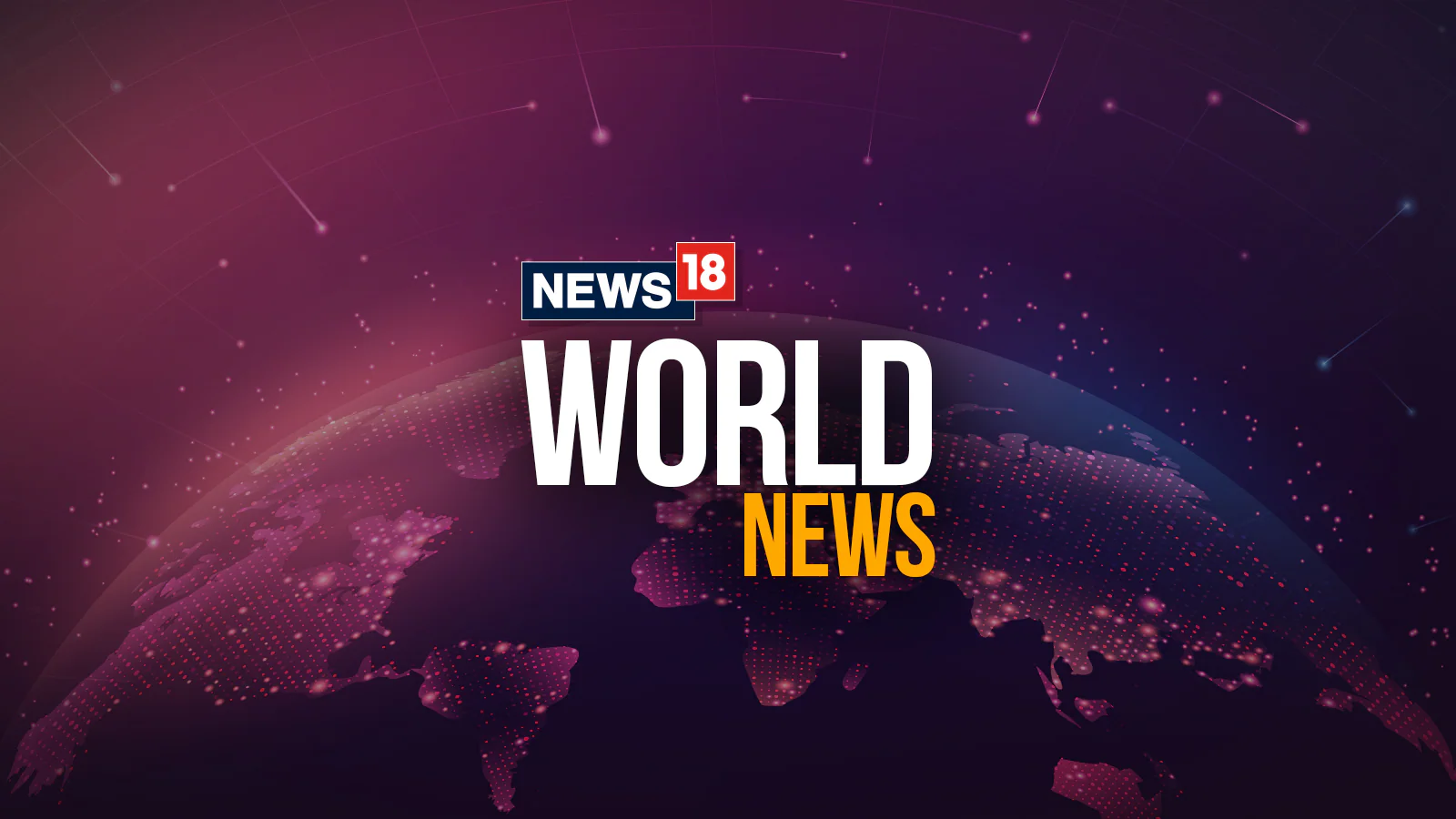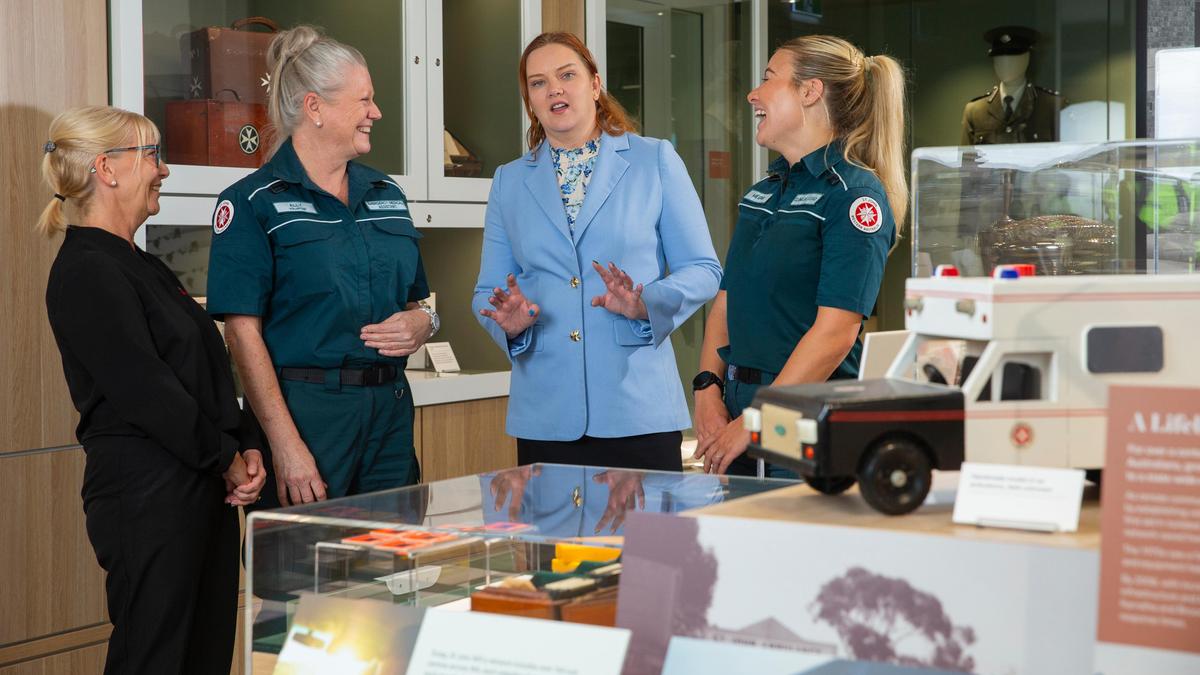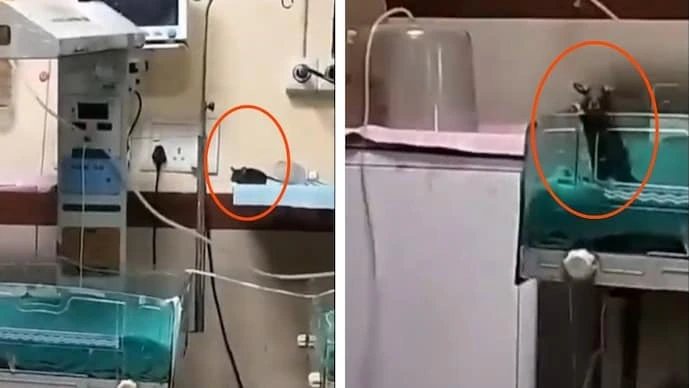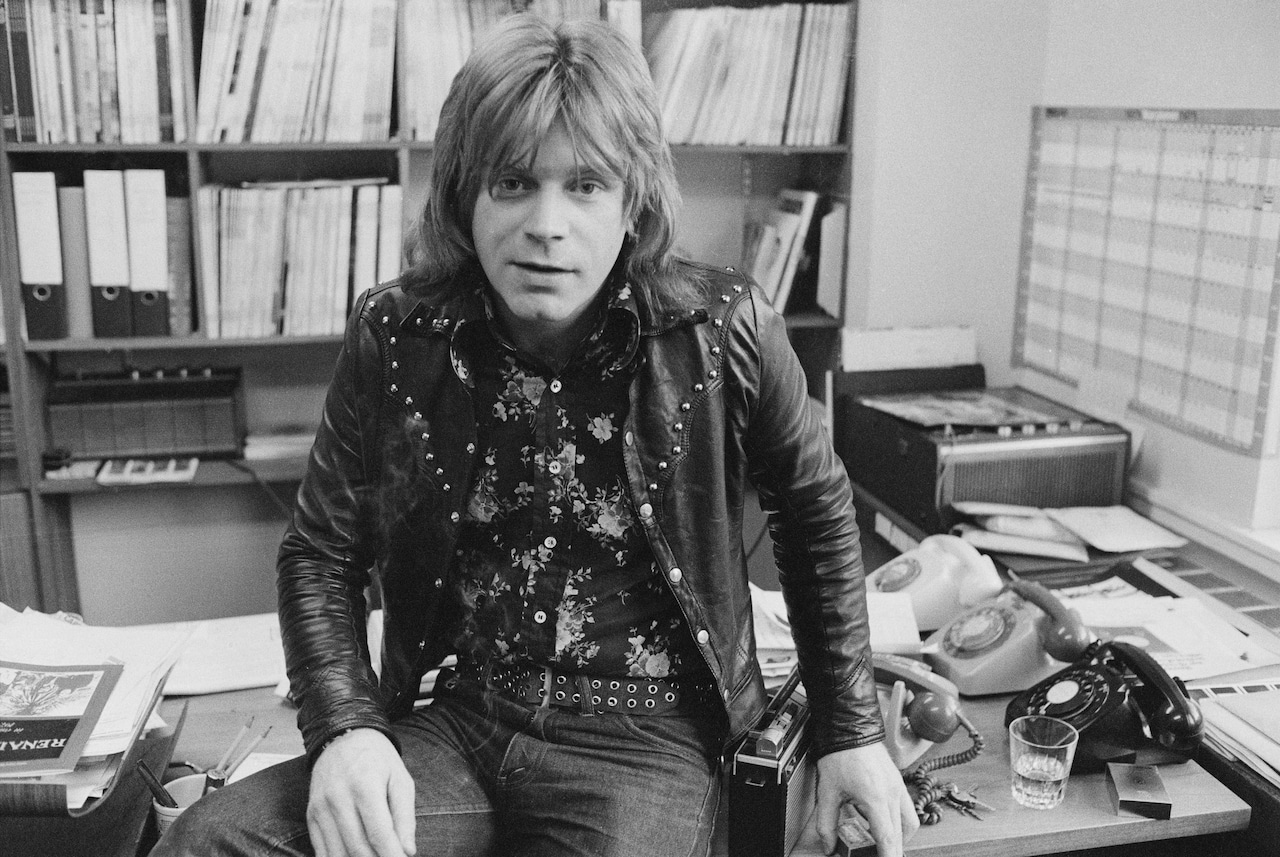By News18
Copyright news18

New York, Sep 26 (AP) A passing comment in a hotel hallway at one of the many conferences on the sidelines of the United Nations General Assembly’s annual high-level meetings this past week may have turned into a solution.
A global antipoverty nonprofit executive, recently returned from Zambia, mentioned that a hospital there had just one incubator, warmer and resuscitator for the fifty-some babies born daily.
The conversation could’ve ended there with an empathetic response. But in this case, leaders of a corporate-nonprofit alliance providing medical equipment to those in need heard the story. And in this case, Children International President Susana Eshleman said help may come by year’s end.
“It’s very encouraging and inspiring to be here,” she said. “It feels like a shot in the arm sometimes when the work that we’re doing is hard and the global situation, given all the recent developments, is particularly hard.” In a year marked by significant foreign aid pullbacks from the US and other wealthy countries, the exchange provides a glimpse into the unique connective tissue that still draws foundations, nonprofits, corporations and international actors to what attendees call UNGA week.
The meetings at Manhattan ballrooms and intimate townhouse dinners solidify relationships and hasten coordination, made even more impactful by the sheer number of parties. This year, attendees described more pragmatic, focused and galvanising discussions than before, placing a greater emphasis on the roles companies and philanthropies must play in shaping an uncertain future.
Conversations, in private and on stages, would generally open with the impact of aid cuts on a particular organization, but quickly move to the group’s pivots and current needs. Former President Bill Clinton began the Clinton Global Initiative annual meeting with a list of the world’s issues currently worrying him. But he ended it with the message: “Be caught trying.” Big philanthropy embraces partners outside of government Philanthropists’ interest in engaging with the private sector was evident in some of the heaviest hitters’ announcements.
At his global forum on Wednesday in The Plaza Hotel, billionaire businessman Michael Bloomberg unveiled a new partnership with the African Development Bank Group to bring more investment to the continent.
“There’s certainly no shortage of challenges to discuss over there,” said Bloomberg, referencing the UN headquarters. “But the truth is, in a world that’s more interconnected and fast-moving than ever, the biggest problems can’t be solved by national governments alone.” At the Clinton Global Initiative, which retooled this year’s meeting to focus on working groups, ballrooms across the New York Hilton Midtown were packed with hundreds of front line workers, policy experts, foundation donors and NGO representatives divided into groups of 10 to discuss specific problems and potential solutions.
The working groups yielded numerous new initiatives, ranging from a social enterprise fund from Kiva Microfunds alongside corporate foundations to a new Global Network for National Service.
At Rockefeller Foundation headquarters, former heads of state, major foundations’ leaders and global health experts gathered around a table Monday to reimagine international development systems weakened by foreign aid cuts.
The Rockefeller Foundation committed USD 50 million to the effort. Rajiv Shah, the foundation’s president, said that includes upgrading a critical famine early warning system, created by the US Agency for International Development, and diversifying its financing so no one political party can take it away.
The Clinton Health Access Initiative announced its partnership with Dr. Reddy’s Laboratories, Unitaid, and Wits RHI to provide Gilead Sciences’ HIV prevention drug lenacapavir in 120 low- and middle-income countries. The Gates Foundation announced a similar deal with Indian pharmaceutical manufacturer Hetero Labs.
Bill Gates also announced the foundation would pledge USD 912 million to the Global Fund’s replenishment campaign to fight AIDS, malaria and tuberculosis.
But, for all the talk of non-governmental funders’ importance, philanthropic leaders emphasised they cannot do it alone. Gates Foundation CEO Mark Suzman said he hopes their commitment to the Global Fund spurs the US and other countries to step up.
“There is no possible way any philanthropy, any combination of philanthropies, can fill the gap,” Suzman said Wednesday.
International Rescue Committee CEO David Miliband, who reported losing USD 600 million in US grants, said aid is being spread too thin. He called on his sector to more effectively deliver assistance with new technologies and find alternative financing streams.
“We’ve got to embrace innovation. And we’ve got to persuade newly wealthy countries — like those in the Gulf would be one example — that there’s a real potential to have lifelong impact on the people we’re helping,” Miliband said. “And we also have to appeal to philanthropy in the countries where we’re working.” (AP) GRS GRS



